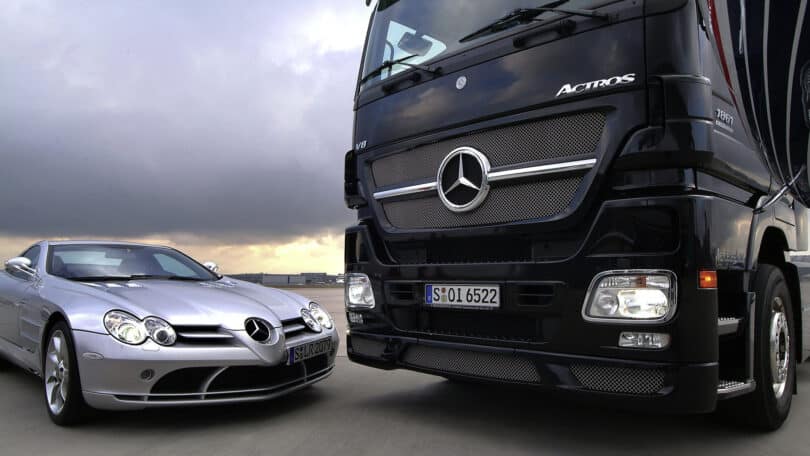When it comes to insuring vehicles, understanding the nuances between “Car vs Truck Insurance” is crucial. While both types of insurance serve the fundamental purpose of offering financial protection against accidents, damage, and theft, there are distinct differences in coverage, cost, and requirements. Cars, typically used for personal commuting, and trucks, often employed for commercial purposes or heavy-duty work, present unique risks and insurance needs. This article aims to dissect these differences, providing a clear comparison of “Car vs Truck Insurance.”
Understanding Car Insurance
Car insurance is designed for personal vehicles used for daily commuting, errands, and travel. It generally covers:
- Liability Coverage: This is mandatory in most states and covers damages or injuries you cause to others.
- Collision Coverage: Covers damage to your car in the event of an accident, regardless of fault.
- Comprehensive Coverage: Protects against non-collision incidents like theft, vandalism, or natural disasters.
Car insurance premiums are influenced by factors like the car’s make and model, the driver’s age, driving history, and the level of coverage chosen.
Exploring Truck Insurance
Truck insurance, on the other hand, often pertains to vehicles used for business purposes, including pickups, semis, and other commercial trucks. This insurance typically includes:
- Commercial Liability Insurance: Similar to personal liability but for commercial vehicles.
- Physical Damage Coverage: Covers damage to the truck itself from accidents or other perils.
- Cargo Insurance: Specific to commercial trucks, covering the goods being transported.
Truck insurance premiums are affected by the truck’s type, the goods transported, the operating radius, and the driver’s experience.
Car vs Truck Insurance: Coverage Differences
The primary difference in “Car vs Truck Insurance” lies in the scope and scale of coverage. Truck insurance often needs to account for higher liability limits due to the increased damage trucks can cause in accidents. Additionally, trucks require special coverages like cargo insurance and may need coverage for multiple drivers if used in a business.
Car vs Truck Insurance: Cost Comparison
Typically, truck insurance is more expensive than car insurance. This is due to the higher liability risks, the value of the cargo carried, and the potential for more significant damage in case of accidents. However, the cost for both types of insurance can vary widely based on individual circumstances.
Choosing the Right Insurance for Your Vehicle
- Assess Your Needs: Determine whether your vehicle is used for personal or commercial purposes.
- Understand the Risks: Consider the risks associated with your vehicle and driving habits.
- Shop Around: Compare quotes from different insurers to find the best coverage at a reasonable price.
Conclusion:
In summary, the comparison between “Car vs Truck Insurance” reveals significant differences in coverage needs, cost implications, and the factors influencing premium rates. For car owners, insurance policies are primarily tailored towards personal use, with a focus on protecting the individual driver and their vehicle in everyday scenarios. These policies are shaped by personal risk factors such as driving history, car model, and usage frequency.
On the other hand, truck insurance delves into more complex territories, addressing the needs of commercial usage, which include covering larger vehicles capable of causing more substantial damage, protecting the valuable cargo they carry, and accounting for the broader range of liabilities faced by commercial enterprises. The cost of truck insurance is generally higher, reflecting the increased risks and higher liability limits associated with commercial trucking operations.
When making a decision on “Car vs Truck Insurance,” vehicle owners must consider not only the nature of their vehicle but also its intended use, the risks involved, and the legal requirements for insurance coverage in their region. For personal car owners, the emphasis should be on finding a policy that offers comprehensive protection for everyday risks at a reasonable cost. Truck owners or operators, meanwhile, need to focus on more extensive coverage that encompasses not just the vehicle itself but also the business implications, including cargo and liability coverage.
Ultimately, the choice between car and truck insurance should be informed by a thorough understanding of one’s individual needs and the specific requirements dictated by the vehicle’s use. By doing so, vehicle owners can ensure they have the right protection in place, tailored to the unique demands of their vehicle, whether it’s a family car or a commercial truck.



